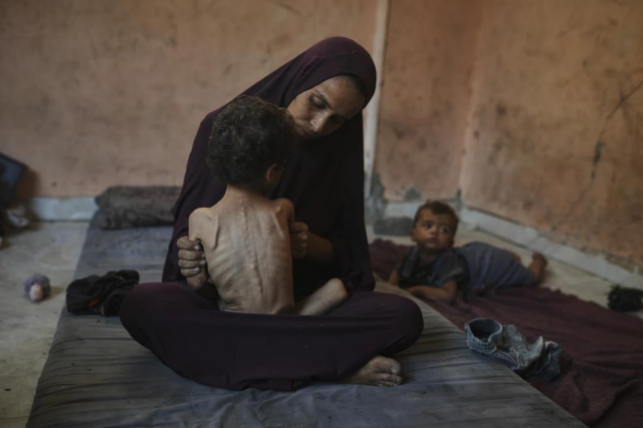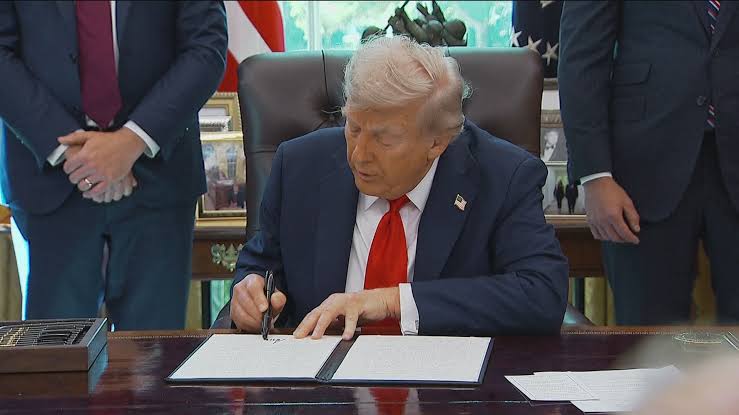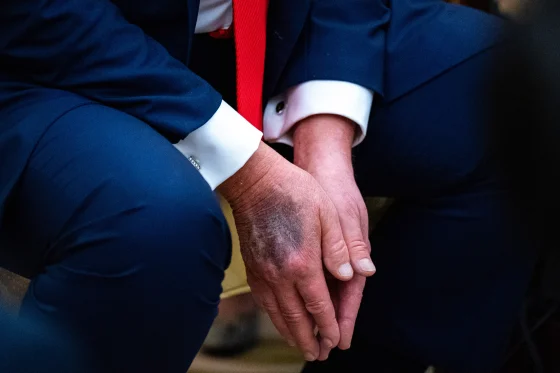As Israel continues its barrage of military tactics on the Gaza Strip, the people of Gaza are left to suffer, causing experts to become increasingly concerned with the humanitarian crisis inside.
The conflict between Israel and Palestine spans back almost a century to 1947, when the United Nations (UN) resolved to split Palestine into two parts: a “Jewish State” and an “Arab State.” Following this decision, Great Britain relinquished its control over the territory in 1948, which led to Israel declaring independence.
The Palestinians, who had resided in what is now Israel, were forcibly displaced on a massive scale, becoming what is known today as the “Nakba”—“catastrophe,” in Arabic.
In 1967, Israel invaded the West Bank and Gaza, illegally occupying the two territories. To this day, neither have been relinquished.
Hamas, the Islamic Resistance Movement, would form in 1987 during the first Palestinian Intifada (or uprising). In 2006, Gaza held an election, which Hamas won. Hamas formed the Palestinian Authority soon after.
However, Hamas faced resistance, and would conduct an armed takeover of the strip in 2007, leading to Israel imposing a blockade on the Strip. The blockade and sanctions imposed on Gaza would strengthen in 2008, completely sealing off the Gaza Strip from the world.
Motivated by decades of occupation and the blockades on the Gaza Strip, Hamas launched a devastating attack on Israel on October 7, 2023. The attack resulted in more than 1,200 people being killed, and roughly 250 Israeli civilians and soldiers being taken hostage. Following this attack, Israel declared war on Gaza.
Since then, Israel has blocked foreign media from reporting in Gaza and has severely limited the distribution of aid into the war-torn territory.
By international law, Israel is obligated to provide essential services to its occupied territories. To obey this, Israel, in cooperation with the United States of America, set up the Gaza Humanitarian Foundation (GHF), a non-governmental organization created to distribute aid in Gaza.
However, the efforts of the GHF have been under scrutiny since its inception. Humanitarian groups have expressed concern that what Israel is allowing into Gaza—roughly 70 trucks a day — is simply not enough to combat the growing reality of famine in Gaza. On the rare occasion they do receive aid, the journey to reaching aid for the Palestinians is dangerous and often fatal. At least 800 Palestinians have been killed at aid distribution sites since the GHF began operation.
The United Nations (UN) issued a report warning that Gaza has reached two out of three famine thresholds, with growing signs that Gaza will pass the third threshold into famine, wherein civilians will begin to starve to death. The ICP (Integrated Food Security Phase Classification) has projected that the entire population will face catastrophic levels of food insecurity by September, likely leading to mass starvation and death. The UN Secretary-General, António Guterres, has warned that “the trickle of aid must become an ocean… this is a test of our shared humanity, a test we cannot afford to fail.”
As of 27 July 2025, Israel has announced a daily pause of military operations in three different areas of Gaza to allow humanitarian aid to reach suffering civilians. While most of Gaza is still considered an active war zone, a portion of Gaza City, Al-Mawasi and Deir al-Balah will experience this pause, which Israel claims will occur once daily between the hours of 10 a.m. and 8 p.m.. Reports have come out that the Israel Defense Force (IDF), the country’s official military, has made this move in an effort to distance itself from the growing sentiment that Israel is intentionally starving those in the Gaza Strip into submission.
Unfortunately, starvation and bombs are not the only problems plaguing Gazans today. Women and young girls are currently experiencing a lack of menstrual products they desperately need. Access to clean menstrual products such as pads and tampons is unheard of for nearly 700,000 people within the Gaza Strip, according to research conducted by the United Nations Population Fund (UNFPA).
While the situation in Gaza and the surrounding areas gets increasingly volatile, one thing is for certain: innocent civilians will continue to suffer if something is not done to solve this humanitarian crisis.











